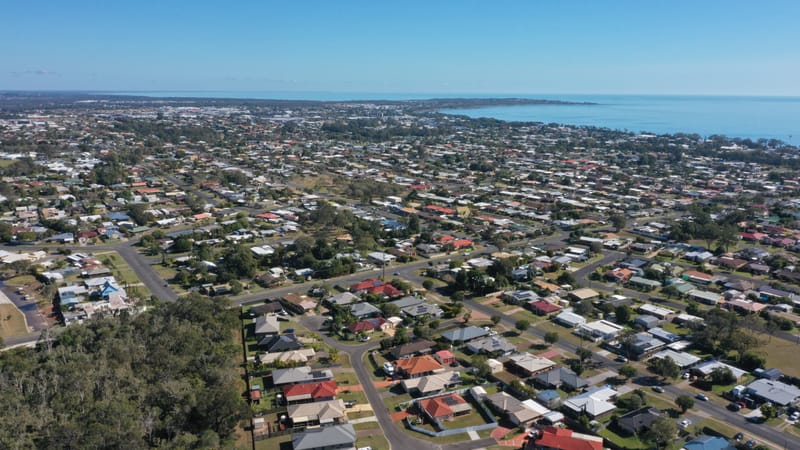Allergy season is here
THE FRASER Coast has seen a lot of rain, and with the transition to warmer weather, we start to see the blooming flowers. We are moving away from the season for common colds and influenza. However, the ticklish cough, sneezing and runny nose has...

THE FRASER Coast has seen a lot of rain, and with the transition to warmer weather, we start to see the blooming flowers. We are moving away from the season for common colds and influenza. However, the ticklish cough, sneezing and runny nose has returned.
Many of us, spring heralds the onset of seasonal allergies. Due to the increased rain this season, there is likely to be a surge in pollen levels, as trees, grasses, and flowers begin to bloom. It is important to understand the causes and management strategies to navigate this allergy season.
Symptoms of Allergies
People will often confuse allergies for a common cold or infection. Common symptoms of allergies include sneezing, watery runny nose, nasal congestion, itchy or watery eyes, and coughing. Allergies tend to cause persistent itching, particularly in the eyes and throat, and symptoms may last for weeks or even months, if the allergen is present. On the other hand, a cold typically lasts for about a week or two and may be accompanied by a fever and body aches, which are uncommon in allergies.
Managing Allergies
Like all medical conditions, effective management requires a multi-pronged approach, and this includes combination of prevention and treatment strategies:
- Limit Exposure
Try to stay indoors on days when pollen counts are high. Keep windows closed and use air conditioning to filter out allergens. Wearing sunglasses outdoors can also help prevent pollen from irritating your eyes.
- Lifestyle Adjustments
Regularly washing your hands and face, changing clothes after being outside, and showering before bed can help remove pollen and reduce symptoms.
- Medication
Your pharmacist initially can discuss over-the-counter antihistamines, decongestants, and nasal corticosteroids which can help alleviate symptoms. It is advisable to start taking these medications before exposure to the allergen, as they are more effective at preventing allergic reactions than treating them once they occur. Nasal saline flushes can be beneficial at reducing the pollen and mucous from the nasal passages. Antibiotics do not have a role in treatment of allergies.
It is important for those with severe allergies or symptoms that are not improving with simple measures it would be prudent to have a discussion with your General Practitioner for an assessment, further investigations or other treatment options.






